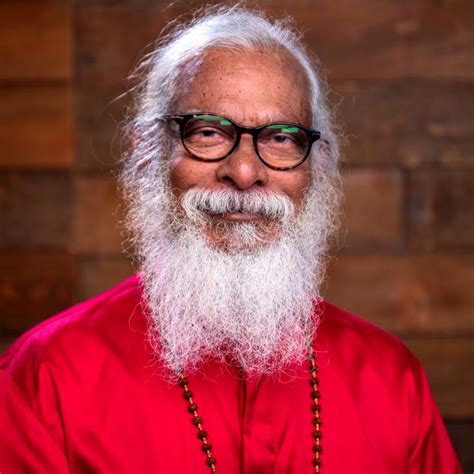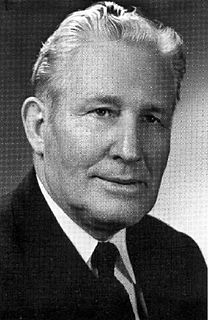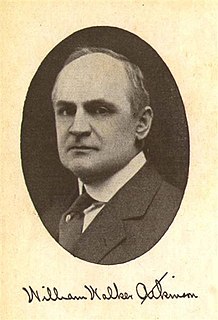A Quote by John Calvin
We must resist wandering thoughts in prayer. Raising our hands reminds us that we need to raise up our minds to God, setting aside all irrelevant thoughts.
Related Quotes
We need to repent of the haughty way in which we sometimes stand in judgment upon Scripture and must learn to sit humbly under its judgments instead. If we come to Scripture with our minds made up, expecting to hear from it only an echo of our own thoughts and never the thunderclap of God's, then indeed he will not speak to us and we shall only be confirmed in our own prejudices. We must allow the Word of God to confront us, to disturb our security, to undermine our complacency and to overthrow our patterns of thought and behavior.
Battles are fought in our minds every day. When we begin to feel the battle is just too difficult and want to give up, we must choose to resist negative thoughts and be determined to rise above our problems. We must decide that we're not going to quit. When we're bombarded with doubts and fears, we must take a stand and say: "I'll never give up! God's on my side. He loves me, and He's helping me! I'm going to make it!"
Prayer is not appointed for the furnishing of God with the knowledge of what we need, but it is designed as a confession to Him of our sense of the need. In this, as in everything, God's thoughts are not as ours. God requires that His gifts should be sought for. He designs to be honoured by our asking, just as He is to be thanked by us after He has bestowed His blessing.
There is a direct line that runs from our doctrine to our actions, from what is in our minds to what is in our words and ways... The heart spills over into life. Thoughts of God, and of all else, erupt into acts. The filling of the heart with wise thoughts of God becomes the most important, the most practical, business in the world.
More thinking is required, and we should all exercise our God-given right to think and be unafraid to express our opinions, with proper respect for those to whom we talk and proper acknowledgment of our own shortcomings. We must preserve freedom of the mind in the church and resist all efforts to suppress it. The church is not so much concerned with whether the thoughts of its members are orthodox or heterodox as it is that they shall have thoughts.
God's Word must be so strongly fixed in our minds that it becomes the dominant influence in our thoughts, our attitudes, and our actions. One of the most effective ways of influencing our minds is through memorizing Scripture. David said, "I have hidden Your Word in my heart that I might not sin against You" (Psm. 119:11).
We are sending out thoughts of greater or less intensity all the time, and we are reaping the results of such thoughts. Not only do our thought-waves influence ourselves and others, but they have a drawing power - they attract to us the thoughts of others, things, circumstances, people, 'luck', in accord with the character of the thought uppermost in our minds.
God is the treasure, and where the treasure is, there is the heart. By this we may test our love to God. What are our thoughts most upon? Can we say we are ravished with delight when we think on God? Have our thoughts got wings? Are they fled aloft? Do we contemplate Christ and glory? A sinner crowds God out of his thoughts. He never thinks of God, unless with horror, as the prisoner thinks of the judge.
Meditation is the tongue of the soul and the language of our spirit; and our wandering thoughts in prayer are but the neglects of meditation and recessions from that duty; according as we neglect meditation, so are our prayers imperfect, - meditation being the soul of prayer and the intention of our spirit.





































